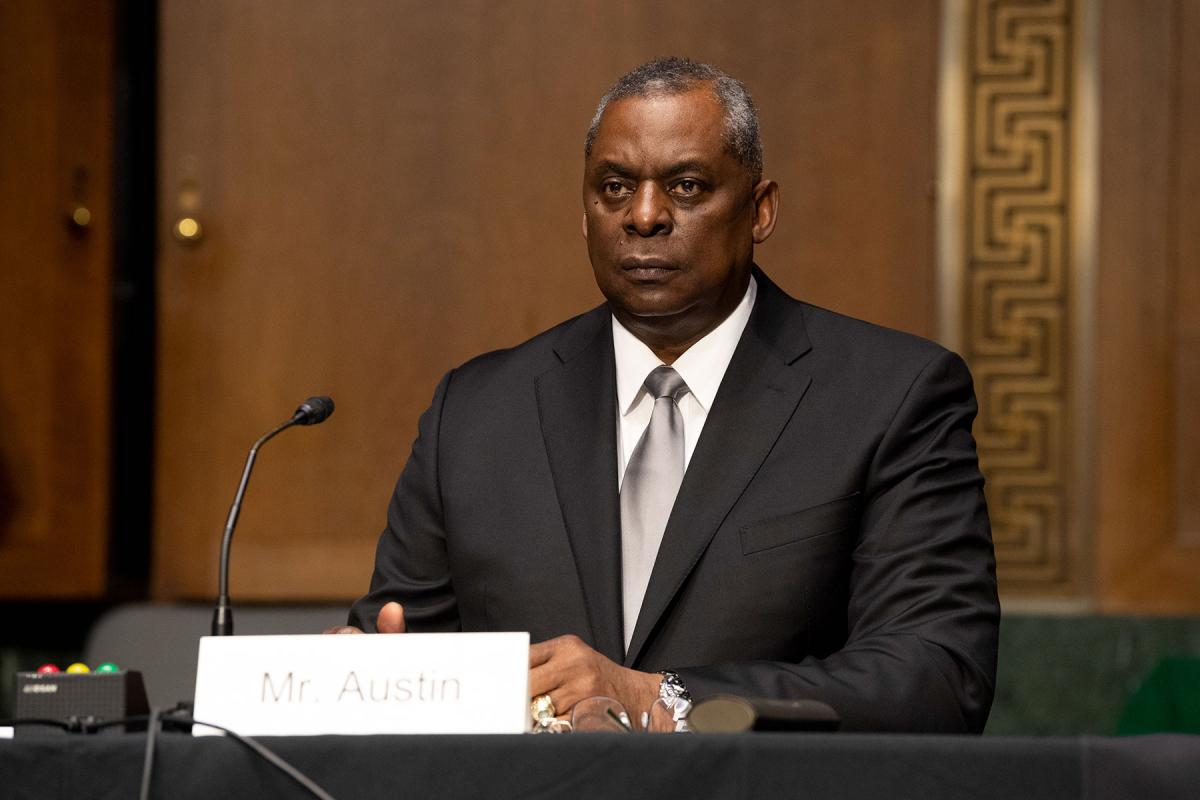Any concerns about civilian control of the military were deferred on 22 January when the Senate voted 93-2 to confirm retired Army General Lloyd Austin as Secretary of Defense. For the second time in four years, a retired general was granted a waiver from the law requiring seven years of separation from active service before assuming that position. Without question, Austin was a distinguished soldier. But will he be the secretary of defense the nation needs?
A three hour and forty minute hearing before the Senate Armed Services Committee and 125 pages of basically pro forma written responses to a very comprehensive set of questions covering virtually every subject, from Afghanistan and nuclear weapons to zero tolerance for sexual abuse, did not provide revealing answers as to how the general will perform as Secretary Austin. In the one-on-one sessions with senators on the committee, did any get a better understanding of the general’s fitness for the position?
The obvious question of how the general would overcome nearly four decades of service in the Army and an engrained military culture beginning when he entered West Point six decades ago was not asked. In four years out of uniform, what had he learned or assimilated that would reinforce his ability to impose civilian control?
More probing questions about the general’s philosophy for leading, managing, and overseeing the department at what perhaps is at one of the most difficult periods since the Cold War ended and his priorities and assessments of the challenges and threats he and the Pentagon faced would have been invaluable. They were not asked.
Senators queried about relationships with the Chairman of the Joint Chiefs in advising the president and interacting with the Joint Staff. Yet, while important, that is not where defense money is spent. The services, headed by civilian secretaries and the defense agencies, are responsible.
Title X of the U.S. Code gives the authority and responsibility to the civilian service secretaries for organizing, training and equipping the military forces in preparation “for the conduct of prompt sustained operations incident to combat.” How the Secretary intends to oversee these departments to get value for dollar and to ensure civilian control was not raised. Would he accept retired flag officers as service secretaries or senior former military as key deputies as was the practice of the last administration? And would he allow those selections to be made by the White House and not him?
About priorities and threats, senators assumed or asserted China was the major danger. Other described Russia as “in decline.” Austin agreed. But he was not asked why he believed China was the pacing threat and what aspects of China’s behavior were most provocative or troublesome. Those questions were in the written document. The answers were not specific. Nor was the Secretary’s acceptance of the National Defense Strategy and its requirements to compete, deter and if war comes defeat China or Russia challenged.
One can conclude, again as was the case in the Cold War and second Iraq War, that the United States has exaggerated the dangers posed by China and underplayed the more immediate danger of Russia. Two words prove this case: Solar Winds.
In an unprecedented espionage and intelligence coup of the ages, sources attributed to Russian origin penetrated a large number of U.S. government agencies and offices. Worse, this hacking went undetected for months. Further, Moscow has been aggressively undermining the coherence of NATO, whether through intimidation, active measures, or sales of S-400 surface-to-air missiles to Turkey. As far as being in decline, Russia has modernized its nuclear and conventional forces; it has the 11th largest economy in the world; the average income of a Russian is double that of a Chinese; and President Vladimir Putin has a $300 billion reserve war chest.
The question of what worries Austin most also was not raised. That the Budget Control Act of 2011 no longer applies means that defense cuts are almost certain. How would he deal with reductions while the department needs at least 3 to 5 percent real annual growth to cover uncontrolled cost growth just to sustain current levels of numbers, readiness, and modernization? This dilemma particularly applies to increasing the size of the Navy, as Congress has directed at the expense of the other services.
Finally, no senator asked how engaged Austin was in selecting his deputy, chief of staff, undersecretary for policy, and some 50 other Pentagon appointments announced by the White House to ensure a well-coordinated and loyal Pentagon team.
These are tough times. A tough, politically shrewd Defense Secretary is vital. Lloyd Austin is tough. How politically shrewd he is will soon be determined.





